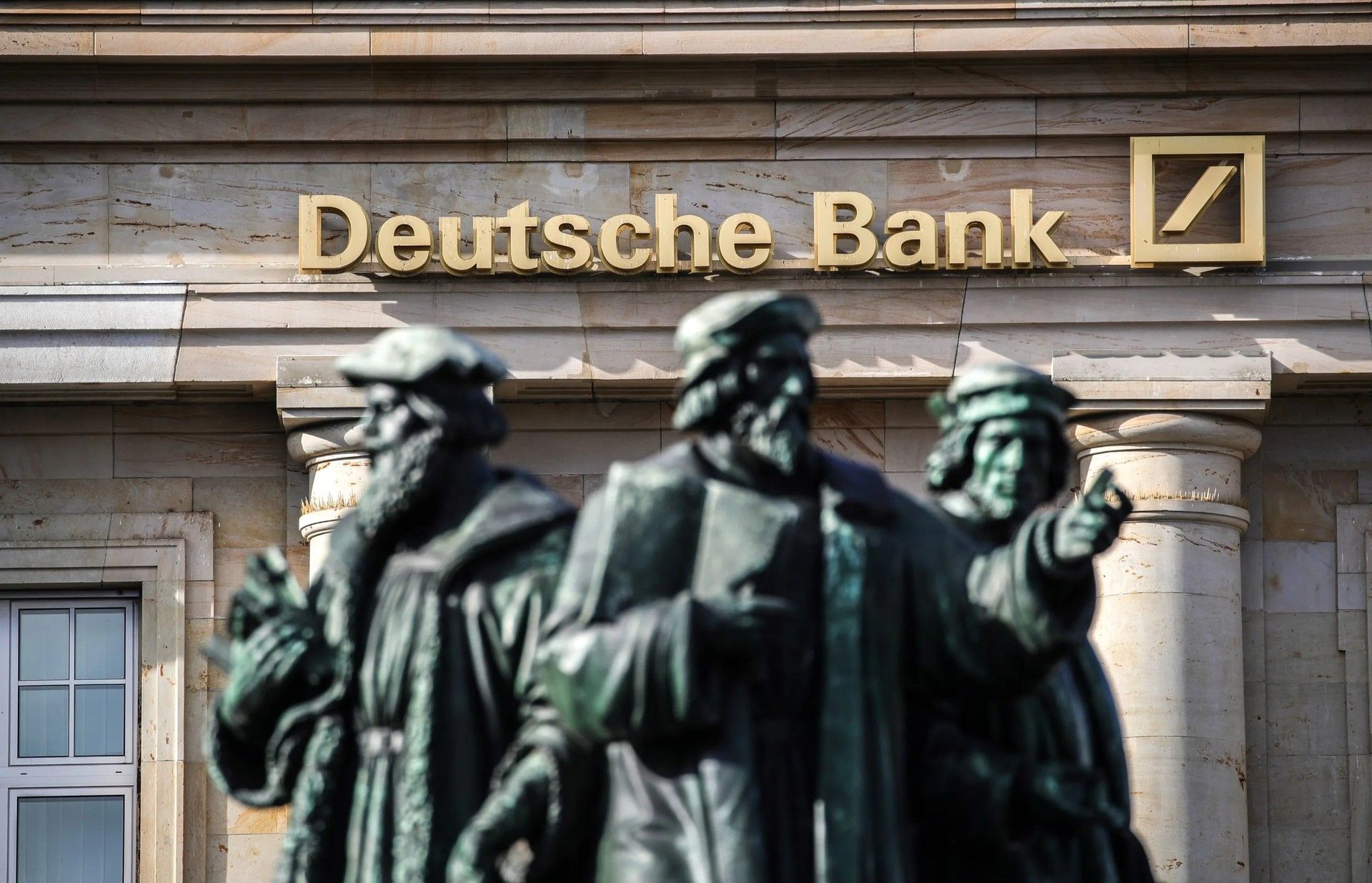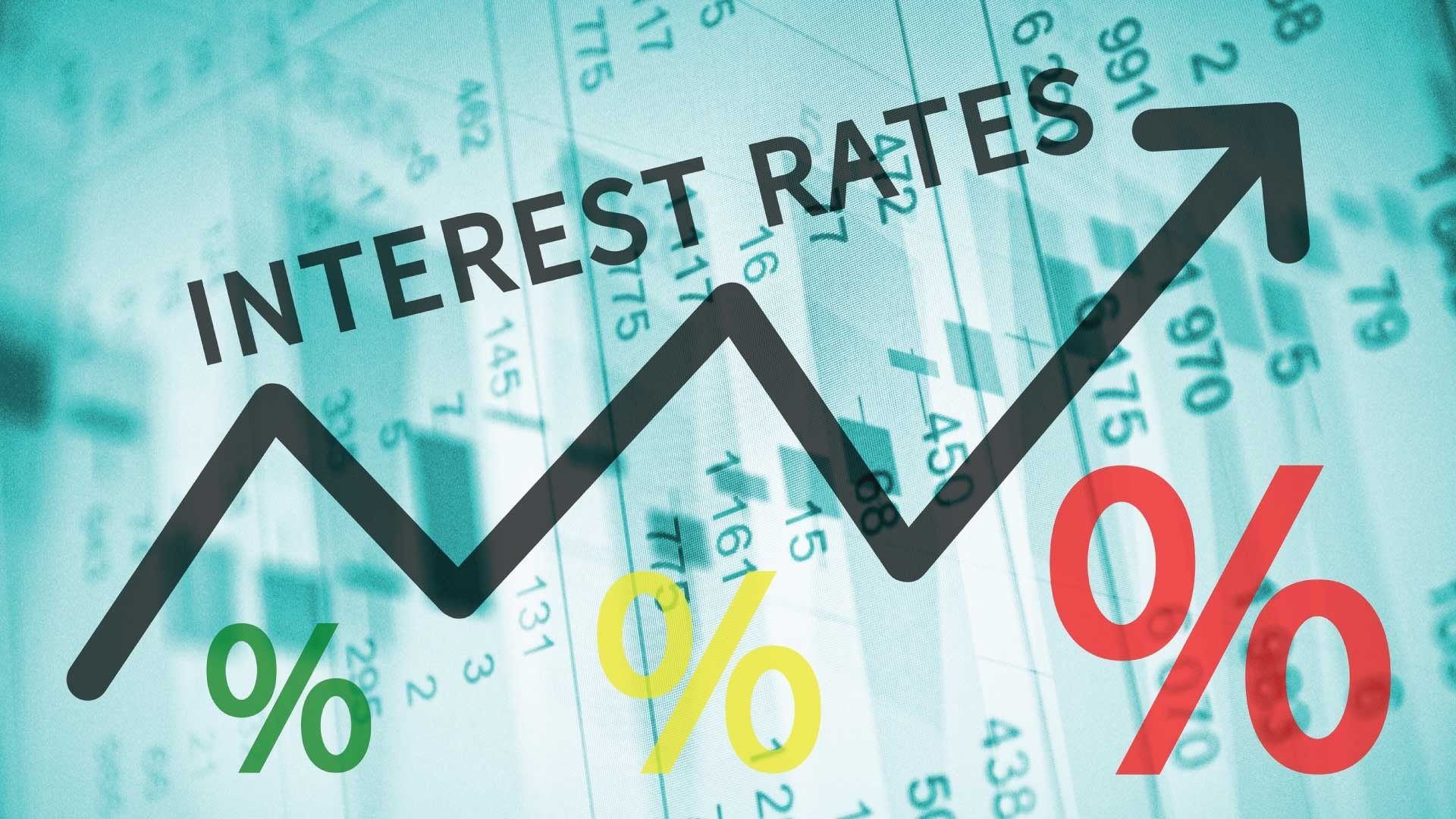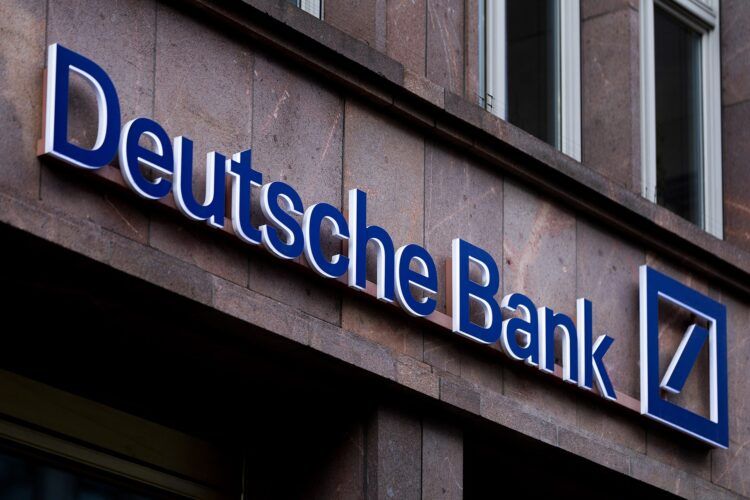On Friday, European bank stocks experienced a significant drop, with the Deutsche Bank crash, Policymakers’ attempts to reassure investors about the industry’s health failed to quell concerns after a string of failures on both sides of the Atlantic. The Deutsche bank crash weighed heavily on the market, triggering declines in bank shares.
The Euro Stoxx 600 banks index, which includes the largest banks in the region, dropped by 4.6% by mid-morning, surpassing the decline in broad national indices. Germany’s Commerzbank fell by 9%, while France’s Société Générale lost 7% and Finland’s Nordea shed 9.8%. Bank of Ireland and AIB fell by 6.4% and 5.6%, respectively, on the Irish stock exchange.
In the wake of the outbreak of stress in US regional banks and the hasty takeover of Credit Suisse by its arch-rival UBS last weekend, global authorities repeatedly attempted to reassure investors regarding the financial impact that banks may face from central banks’ aggressive interest rate rises in the past year. However, their efforts have been largely unsuccessful in alleviating concerns.

Last week, European Central Bank (ECB) President Christine Lagarde stated that there was “no trade-off” between seeking to control inflation and fostering financial stability. US Treasury Secretary Janet Yellen also stated on Thursday that regulators were “prepared to take additional actions if warranted” to ensure the safety of bank deposits. Despite this, bank stocks continue to exhibit a stubborn pattern of brief stability periods followed by intense stress.
Is Deutsche Bank crash’s impact on economy a wider contagion or banking sector turmoil?
According to Mobeen Tahir, Director of Macroeconomic Research and Tactical Solutions at WisdomTree Europe, there is still a nagging question among market participants regarding whether the turmoil in the banking sector is over or if there will be wider contagion.
The ongoing instability in the banking sector is exacerbated by the fact that central banks have indicated that the turmoil is not going to put a hard brake on their monetary policy actions, which may exacerbate or expose new vulnerabilities in the banking sector.

Deutsche Bank crash amid credit default swap price hike
On Friday, the price of Deutsche Bank’s five-year credit default swaps (derivatives that act like insurance and pay out if a company defaults on its payments) increased to 198 basis points from 134 basis points on Wednesday, according to data from Refinitiv.
Citigroup strategist Dirk Willer stated that it was “too early to tell” whether banking sector stress had grown large enough to have a meaningful impact on the US business cycle. Nevertheless, he added that, given heightened uncertainty, the Fed had become more cautious, as did the ECB.
Interest rates increase as Central Banks take action
On Wednesday, the US Federal Reserve proceeded with a 0.25 percentage point interest rate increase, and on Thursday, the Bank of England also raised its benchmark rate by 0.25 percentage points.
Additionally, the Swiss National Bank raised interest rates by 0.5 percentage points, despite being a major theatre for the banking panic due to the collapse of Credit Suisse and its forced acquisition by rival UBS. Last week, the European Central Bank raised rates by 0.5 percentage points.

Deutsche Bank crash’s impact on global markets
Friday’s moves in Deutsche Bank’s shares came after the cost of buying insurance to protect against its defaulting on its debt was pushed higher this week. Futures tracking the blue-chip S&P 500 fell 0.7%, while contracts following the tech-heavy Nasdaq lost 0.4%.
In government debt markets, yields on 10-year US Treasuries fell 0.1 percentage points to 3.298%, while two-year contracts lost 0.2 percentage points to 3.593%.
Yields on 10-year German Bunds fell 0.2 percentage points to 2.014%, while two-year contracts fell 0.2 percentage points to 2.251%.
In currency markets, the dollar index, which tracks the greenback’s value against a basket of other currencies, was up 0.7%. Brent crude fell 3.2% to $73.43 per barrel, while WTI, the US equivalent, lost 3.6% to $67.39 per barrel.





